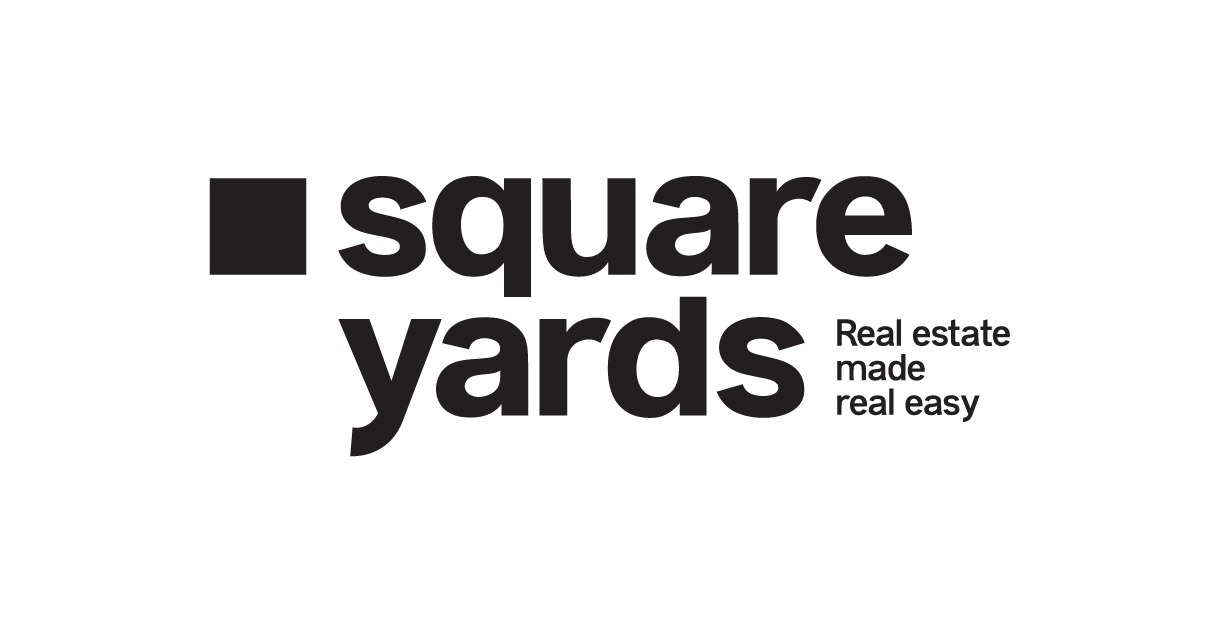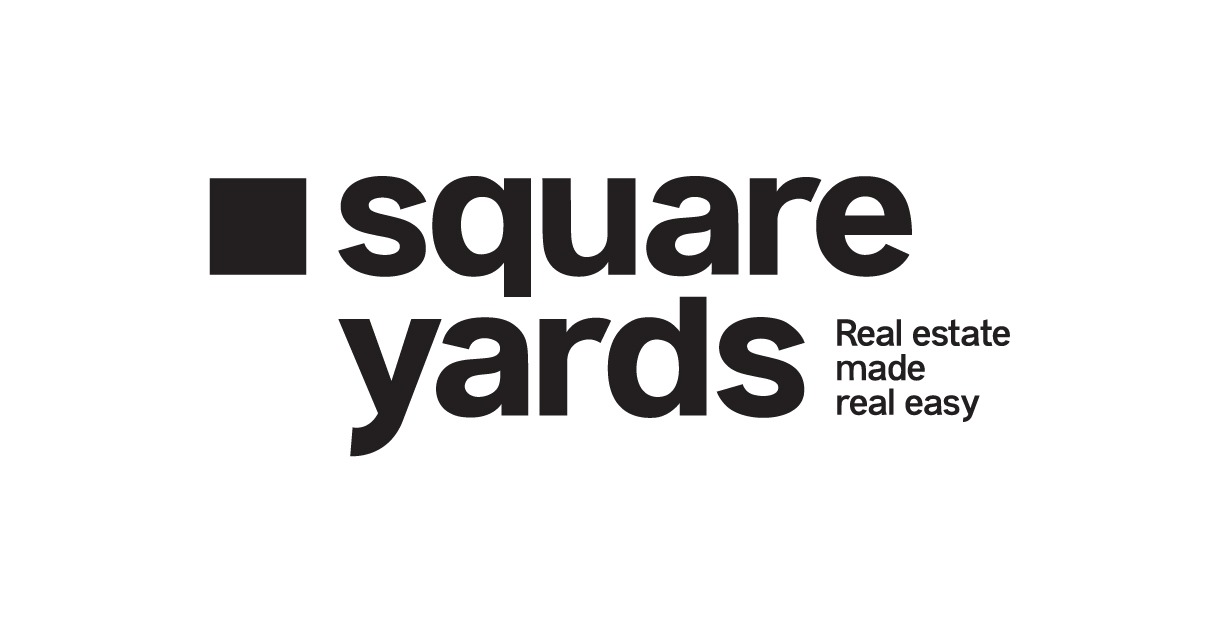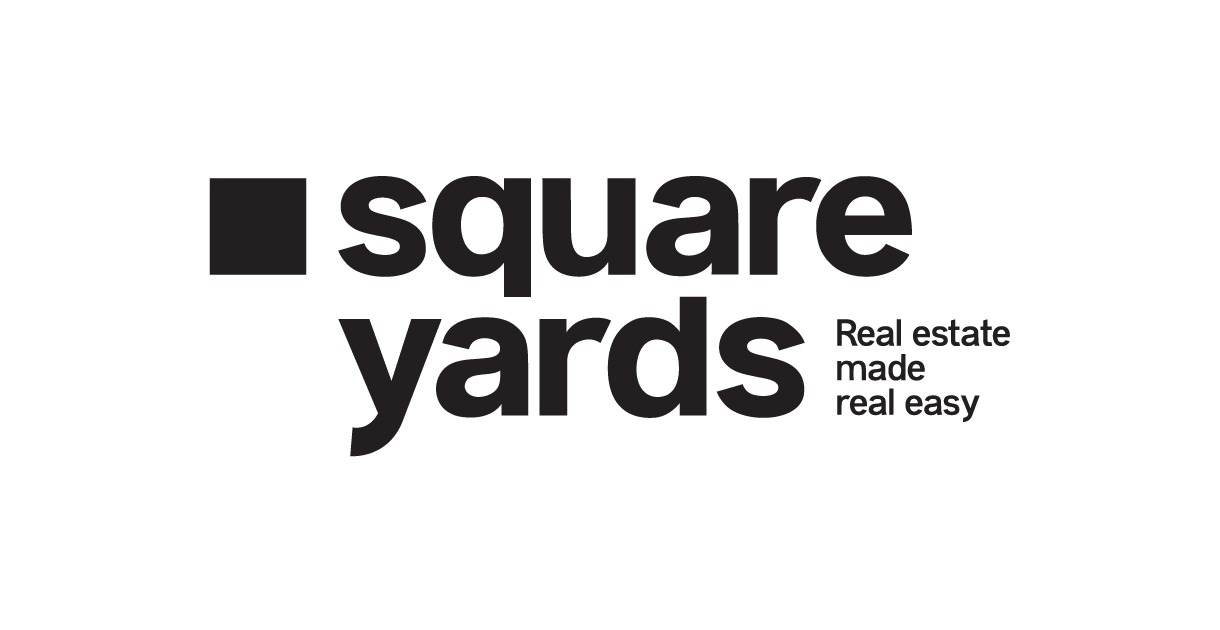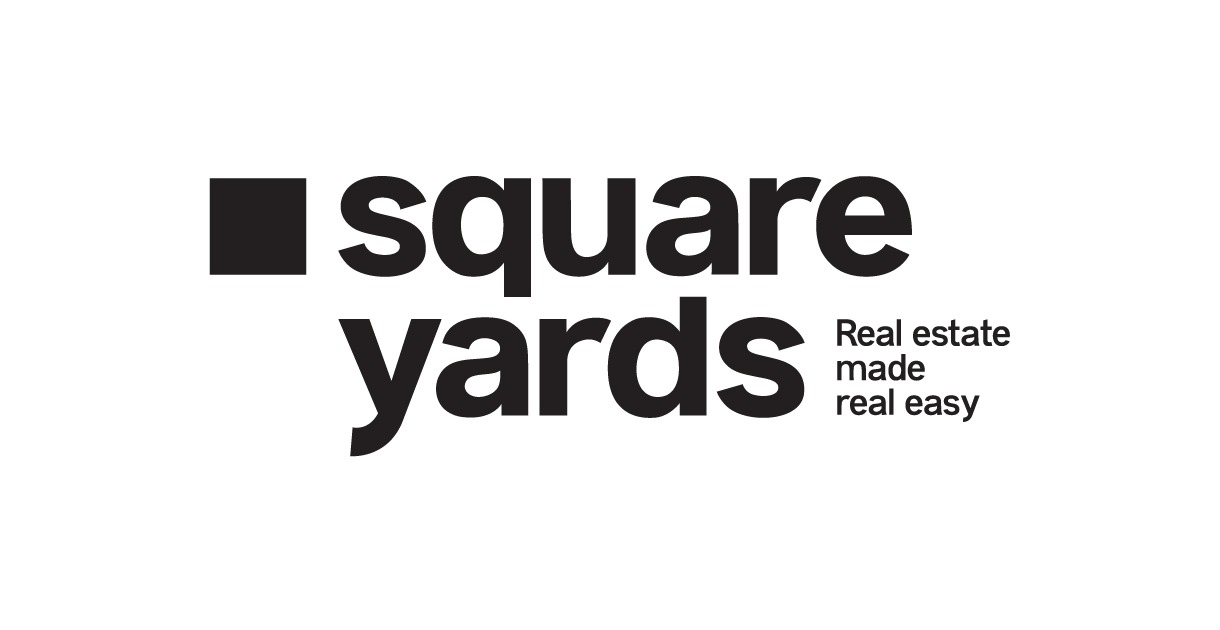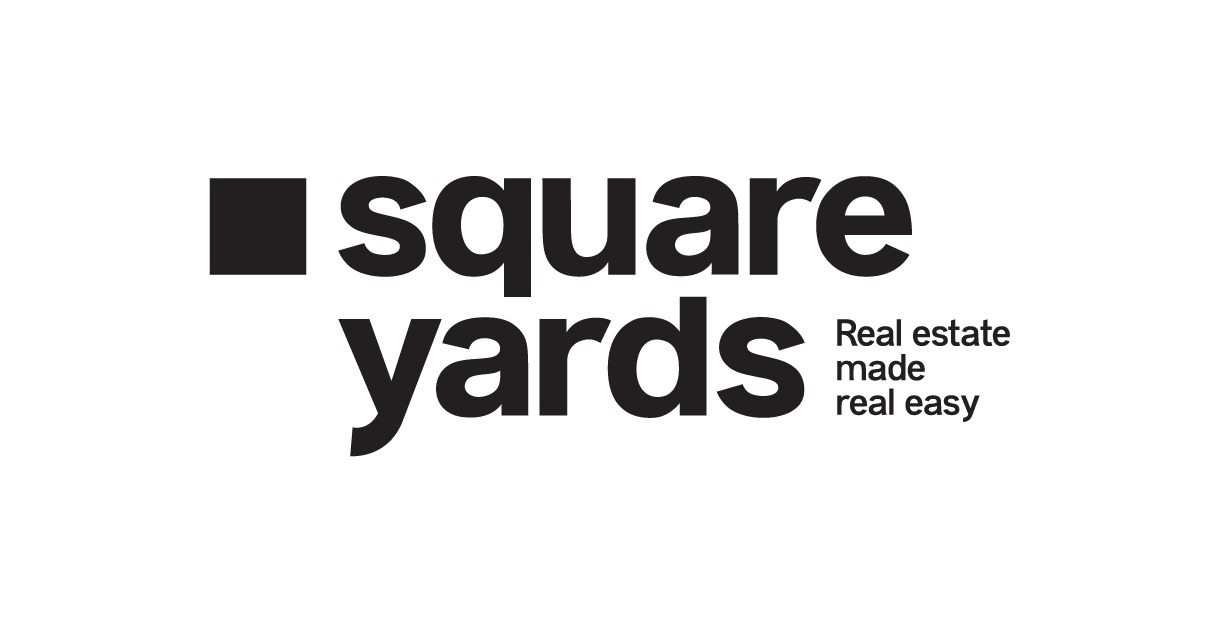“There is always some chance of a recession every year. But the evidence suggests that expansion doesn’t die of old age” – Janet Yellen
At a time when everything is fine, a recession comes along and everything starts to deteriorate. What’s the first thing that strikes your mind when you hear about the recession? No Money? Sufferings? A thing of the past!
When the world experienced an economic slowdown during the 90s, India, amongst many countries, tried to bounce back under the Congress government.
The recession that affected the Indian economy and slowed the pace of growth was due to the fiscal imbalances that had been increasing since the 1980s. However, the country bounced back, and growth was steady.
Just like the new game-changing policies of Narasimha Roa’s government under Congress with Finance Minister Manmohan Singh in 2008 changed the whole facet, it is possible to bounce back stronger. The new policies brought revolution and removed the roadblocks to the growing sectors, helping the GDP get back to a new high.
Why are we talking about a recession now? Because the global economy is in trouble!
Due to the current financial challenges in Sri Lanka or the on-going war between Russia and Ukraine, a recession is not far away. Consequently, being prepared for the slowdown could be the key to surviving and bouncing back from it.
But what could be the safest way to keep your finances in check and live normally in a recession? Savings. A safe financial situation is important during a recession so that you can get back on your feet after the crisis. Let’s take you through the ways in which your money can be safe and secure.
Table of contents
Recession Effects: How Can I Prepare Financially for It?
When the recession hits, businesses will reach their all-time low and unemployment will increase. Moreover, finding a new job will also be tough if you lose your current one. The recession may become very hard on people, which might lead to the loss of jobs. Staying financially prepared for such circumstances is therefore crucial. Let’s look at some of the ways you can prepare for it now:
Make an Emergency Fund
The availability of credit will dry up during the economic slowdown. Creating an emergency fund, which generally amounts to six months of your salary, will help you cover your needs. If you have your funds saved in accounts, stocks, cryptos, and more, the funds will retain their value in the marketplace during the turmoil. Moreover, the savings or the extra cash you have will serve as your liquidity in case of emergencies, low income, or job loss.
Live Within Your Income Range and Expenditure
When times are good, it’s a wise idea to set boundaries within your income range. It will help you build the habit of living within your means. Consequently, you will also have a less chance of going into debt when the prices reach a nerve-wracking high.
This strategy will help you save a lot of money on good days. As you are already used to living on the income of another member, even if one is laid off during a recession, it will not be too difficult for you.
Opt for Long-term Investment Plans
So what if the market’s investment is at its lowest? It is not important to sell your stocks during the recession, as there will come a time when you are likely to get high returns.
Go For Diversified Investments
Investment experts recommend diversifying your financial portfolio. But when the investments are down to 20–25%, this could invite trouble in your hood.
We recommend not investing all your money in a single place. If you already own a home and have a fixed deposit, you have already made your investments in the real estate and financial sector. Similarly, invest in low, medium, and high-risk stocks.
Have a Side Source of Income
Extra money harms nobody; instead, it helps you to regain control of your finances. The second source of income can come from anything, such as teaching, freelancing, or selling items on Etsy. Due to the lack of jobs in recent years, the more jobs you have, the better. Diversified income is as beneficial as diversified investments.
In a recession, you may lose income from one stream, but the other one will become your saviour. Additional income stream to live a recession-proof life? Seems like a great deal!
Make Sure to Keep Your CIBIL Score High
A good credit score is still of utmost importance, even in a recession. If you have a good credit score and are short of funds, the banks and financial institutions will consider giving you funds based on CIBIL. This fund can be in any form; credit cards, mortgages, or loans.
To build your credit score, pay all your credit card bills on time, keep past credit clean, and try to keep your debt-to-income ratio low.
During a Recession, Where Will Your Money Be Safest?
Be it a working professional or a businessman, everyone’s worried about where to keep their money safe during the slowdown. Since the recession period creates havoc on investments, there are very few places where your money can be kept safe. Stock market, bank accounts or mutual funds? Are these safe? Yes, all of these are good choices. However, it all depends upon the circumstances that you are in:
- Savings Account – Even during the recession, there are fewer restrictions on a savings account as compared to other forms of savings. In case you have to access the money in an emergency, a savings account is the best possible way to access it swiftly. The savings account can be your saviour and help you pay bills during the economic slowdown. However, a savings account has a withdrawal limit, which might make it tough during a recession.
- Money Market Accounts – If you are wondering what money market accounts are, here is the answer. It is similar to a savings account, incorporating a few features of a checking account. Money market accounts have a withdrawal limit of six. For this account, you might find it difficult to maintain the minimum balance in order to avoid maintenance fees.
- Share Market – The share market is a moving target with so many ups and downs. With the right investment plan and choices, you can make a hefty amount from the stock market rather than any of the accounts. Keeping the investment fees in check is important so that your profits are not eaten up. But there is no surety when it comes to profits and losses in the share marketplace. New investors may get stuck and not find the right stock to invest in during the slowdown. But this market gives you the freedom to take out your money whenever you want.
- Certificate of Deposits (CDs) – A high annual percentage yield (APY) account offered is known as a certificate of deposits (CDs). If you put in your money, you can not take it out for a set duration of time. The CD term (set duration) can range from a few months to a few years. Withdrawing the funds before the due date means you will need to pay a penalty.
A recession does not mean that all your money will go around in vain. Savings in this period can be tough, but not impossible. Savings accounts, money market accounts, share markets, and certificates of deposit are a few places to safeguard that wad of cash.
Bottom Line
Savings can be your source of leading a normal life even in a recession. The right investments with some financial planning can help you to stay prepared for any crisis.
Using these tips will keep you protected during the alarming hours of the recession. And just the way Mr. Buffet said some time back,
“I am a huge bull in this country. We will not have a double-dip recession at all. I see our businesses coming back almost across the board” – Warren Buffett




















